If you’re new to park skiing, short skis might just be your best friend. Why? They’re easier to control, lighter to carry, and make learning tricks - like spins and rails - way less intimidating. Brands like Snowfeet* are leading the charge with skiblades (65 cm and 99 cm options), offering a smoother entry into the terrain park compared to longer skis from brands like Rossignol or K2.
Here’s the quick takeaway:
- _Short Skis (like Snowfeet)_*: Great for beginners. Easier spins, better control, and super portable (fits in a backpack!).
- Long Skis: Better for speed and powder but harder to maneuver in the park.
Short skis are all about making park skiing fun and approachable. If you’re just starting out, they’re worth considering. Let’s dive into why they might be the smarter pick for you.
Short vs. Long Skis for Park Riding: The Guide to Finding Your Perfect Length! 🏂🤔 | Skiing Tips 2023
1. Snowfeet* Skiblades (65 cm)
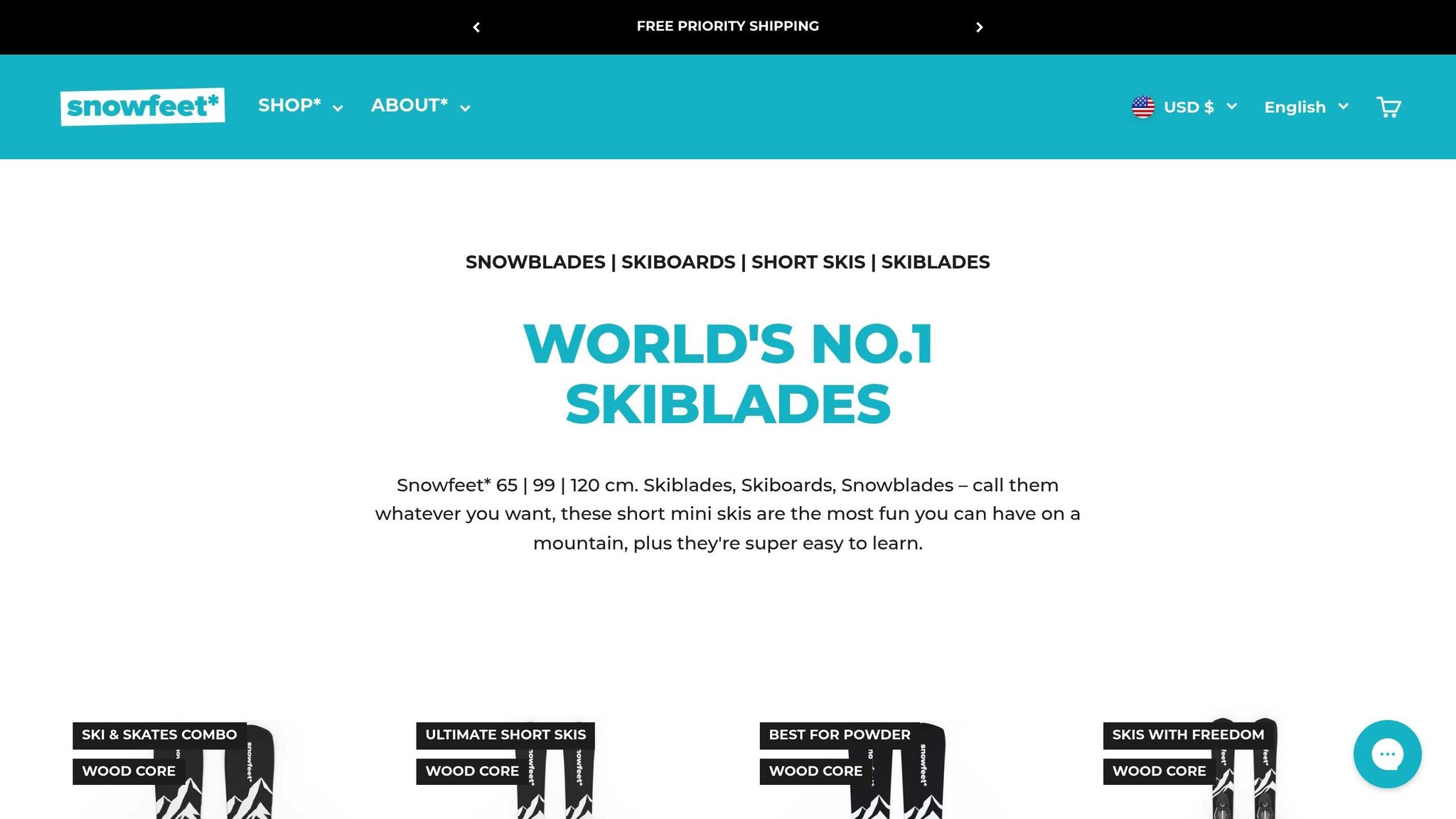
If you're new to park skiing and looking for something tailored to beginners, the 65 cm Snowfeet* Skiblades might just be your perfect match. At just 26 inches long and weighing only 5 pounds, these ultra-short skis are an exciting twist on traditional park skiing gear.
Maneuverability
The compact design of the 65 cm Skiblades makes them incredibly easy to handle, especially in tight spaces where longer skis can feel like a hassle. Unlike the bulkier park skis from big-name brands, these skiblades let you pull off quick direction changes and spins with ease. Trying your first 180s or 360s? These make it way less intimidating. In the terrain park, their agility helps you stay in control on rails and boxes, cutting down the chances of catching an edge. Whether you're spinning or sliding, these skiblades make park skiing feel smoother and more approachable.
Portability
One of the standout perks of these skiblades is how portable they are. Fejta Jakub puts it best:
"With these little skis, you feel much more agile, faster, and above all – comfortable. No buckles, no heavy boots – just strap in and go."
Forget about lugging around heavy bags or awkward ski racks. These skiblades are so compact they can fit into a standard backpack. That means you can carry them easily up park features or between runs without breaking a sweat. It's convenience that truly makes a difference when you're exploring the terrain park.
Learning Curve
Weighing just 5 pounds, these skiblades help reduce fatigue, letting you spend more time practicing. Their small size also makes it easier to master new tricks, giving you a confidence boost as you learn. Whether you're working on spins, jumps, or just getting comfortable in the park, these skis offer a forgiving learning experience that helps you progress faster.
Park Performance
All these features come together to deliver a solid performance in the park. The 65 cm length is perfect for building foundational skills like switch skiing, without the overwhelming challenge of managing longer skis. They’re designed with beginners in mind, helping you focus on nailing your tricks rather than struggling with oversized equipment. With a 3.7 out of 5-star rating from 31 users, it’s clear these skiblades are a hit for those just starting out. While traditional ski brands stick to longer designs, the Snowfeet* Skiblades prove that sometimes, smaller really is better - especially when you're carving out your first lines in the park.
2. Snowfeet* Skiblades (99 cm)
If you're looking for a balance of stability and agility, the 99 cm Snowfeet* Skiblades might just be your perfect match. These skiblades take the nimbleness of the shorter 65 cm model and add a touch more stability, making them a great choice for park beginners. Measuring 99 cm (about 39 inches) in length with a 6-meter (roughly 20-foot) turning radius, they offer a sweet spot between the freedom of shorter blades and the steadiness of traditional skis.
Maneuverability
Thanks to their parabolic shape and 8.5 cm waist, these skiblades shine in tight park scenarios where longer skis can feel bulky. Their compact design makes quick carving a breeze, helping you navigate rails, jumps, and boxes with ease. Plus, the shorter length means less ski to handle during spins and turns - ideal for nailing tricks like 180s and 360s. This maneuverability also makes them a solid choice for anyone looking to step up their skills.
Portability
Even though they’re a bit longer than the 65 cm model, the 99 cm skiblades are still super easy to carry around. Whether you're moving between park features or heading back up for another run, these are way more convenient to transport than traditional skis.
Learning Curve
Lightweight and responsive, these skiblades are beginner-friendly. They provide solid front-to-back support while being forgiving enough to help you refine your technique without feeling weighed down by heavy gear. This ease of use makes them a fantastic option for learning and improving in the park.
Park Performance
When it comes to park action, these skiblades deliver the goods. They’re agile enough for twists, jumps, and tricks while offering the stability you need for confident landings. Whether you're carving through slopes, tackling moguls, or hitting features in the park, they handle it all with ease. Priced at $490, the 99 cm Snowfeet* Skiblades combine versatility and performance, proving that shorter skis can pack a serious punch for park beginners.
sbb-itb-17ade95
3. Long Skis
While Snowfeet* brings unmatched agility and ease of use, traditional long skis from brands like Rossignol, K2, and Salomon don’t quite hit the mark when it comes to terrain park performance. Most all-mountain skis measure between 150–180 cm (about 59–71 inches), making them significantly longer than Snowfeet* Skiblades. Sure, these longer skis dominate on groomed slopes and in powder, but they’re not built for the quick, sharp movements that park riding demands.
Maneuverability
Long skis take a lot more effort to turn, making quick direction changes feel clunky - especially when weaving between rails, boxes, and jumps. Park skis, on the other hand, are often shorter for a reason: they’re easier to maneuver and spin in the air. But even they trade off some of that snappy responsiveness for added stability, which isn’t ideal for the fast-paced agility required in park riding.
Portability
Let’s face it: lugging around 150–180 cm skis in a terrain park is a hassle. Whether you’re hiking to features, moving between park zones, or dealing with chairlifts, their size and weight make everything more of a chore. Snowfeet* Skiblades, being compact and lightweight, are far easier to handle, making them a better fit for the stop-and-go flow of park sessions.
Learning Curve
If you’re new to park riding, long skis can make things harder than they need to be. Recovering from a fall is trickier, and those extra inches of ski can feel like they’re working against you. Skiing is all about translating your body movements into ski movements, but with long and heavy equipment, that connection feels less intuitive, slowing down the learning process.
Park Performance
Long skis are built for wide-open runs, not the tight, controlled spins and quick turns needed in terrain parks. Shorter skis, like Snowfeet*, feel more lively and playful, making tricks, jumps, and sharp turns a breeze. They give you the control and responsiveness that make park riding more fun. Traditional brands like Volkl, Atomic, and Head focus on all-mountain designs, leaving park-specific agility as more of an afterthought. Snowfeet*, however, is purpose-built for the kind of quick, precise movements park riders crave.
These challenges make it clear why Snowfeet* stands out as the better option for park beginners looking for an edge.
Pros and Cons
Let’s break down the key pros and cons for park beginners when comparing Snowfeet* Skiblades to traditional long skis. This comparison highlights why Snowfeet* might be the better choice for those just starting out in the park.
The 65 cm and 99 cm Snowfeet* models shine when it comes to maneuverability. They’re perfect for weaving through rails, spinning on jumps, and tackling tight park features. Plus, their compact size means you can toss them in a backpack - no more lugging around heavy, awkward gear.
Snowfeet* is also designed to make learning easier. Unlike traditional brands like Rossignol, which focus on all-mountain versatility, Snowfeet* prioritizes quick, intuitive movements. This makes it easier for beginners to build confidence and try out tricks without feeling overwhelmed.
On the other hand, traditional long skis from brands like Rossignol, K2, and Salomon have their strengths, but they’re not always the best fit for park beginners. Take the Rossignol Sender 90 Pro for example. It’s priced at $480 and offers great stability at higher speeds and solid performance in deep powder. However, it’s not as quick to turn and isn’t ideal for carving - two key skills for park skiing.
Here’s a side-by-side comparison to make things clearer:
| Criteria | Snowfeet* Skiblades (65 cm & 99 cm) | Long Skis (150–180 cm) |
|---|---|---|
| Maneuverability | Excellent - quick turns, very agile | Good at speed, less nimble |
| Portability | Very high - fits in a backpack, lightweight | Low - bulky and heavy |
| Learning Curve | Beginner-friendly, easy to control | Steeper, requires more skill |
| Park Performance | Great for tricks, rails, and spins | Better for big jumps, stability |
This table really underscores why Snowfeet* Skiblades are a solid choice for park newbies. They’re portable, easy to handle, and built for the kind of quick, playful movements that park skiing demands.
Pricing for Snowfeet* Skiblades starts at $450 for the 65 cm model and $490 for the 99 cm model, putting them in the same price range as many traditional park skis. But when you factor in their park-specific performance and portability, they stand out as a fantastic option.
That said, it’s important to note that short skis like these aren’t great in deep powder or for high-speed runs compared to longer skis. Still, for park beginners who find traditional long skis intimidating or want a more playful, freestyle experience, mini skis are often the go-to recommendation. Their forgiving nature and ease of use make them a favorite among those just starting out.
Conclusion
After diving into the details, it’s clear why Snowfeet* stands out. When it comes to park skiing, short skis are a game-changer for beginners. Snowfeet* Skiblades are designed specifically to help you learn faster and improve your park skills with ease.
Their lightweight, compact design isn’t just about convenience - it’s about making park tricks feel natural. Snowfeet* Skiblades are built for smooth, controlled movements, turning intimidating park features into manageable challenges. Plus, their portability makes them a dream for skiers who are constantly on the move, especially those hopping between mountains during the season. Unlike traditional long skis, which can feel clunky and less responsive, these shorter skis work with your body, not against it.
Here’s the thing: most traditional park skis cater to intermediate or advanced skiers, which can leave beginners feeling out of their depth. Snowfeet* flips the script by creating gear that builds confidence and helps you progress quickly. Sure, short skis aren’t made for tearing down steep slopes at high speeds or floating through deep powder, but let’s face it - that’s not what most park beginners are here for. They’re here to nail their first rail, land a clean 180, and start enjoying the thrill of the terrain park.
With their thoughtful design and beginner-friendly features, Snowfeet* Skiblades offer a practical and fun way to get into park skiing. While traditional long skis have their merits, shorter skis are simply better for those early steps into the park. For anyone looking to master the basics and make quick progress, Snowfeet* Skiblades are a solid choice. They’re all about agility, ease, and helping you fall in love with the park.
FAQs
Why are short skis like Snowfeet Skiblades a great choice for beginners in park skiing?
Short skis, like Snowfeet Skiblades, are a great choice for beginners dipping their toes into park skiing. Why? They’re super easy to control and handle. The shorter length means quicker responses, making it less daunting to pick up core skills like turning, stopping, and balancing. That extra control can really boost confidence when trying out park features like jumps, spins, or rails.
Another bonus? Snowfeet Skiblades are lightweight and easy to carry around. Their compact build focuses on agility, so pulling off tricks or quick movements feels way less overwhelming compared to longer skis. If you’re just starting out in park skiing, these skiblades offer a more relaxed and approachable way to learn the ropes while still having a blast.
Why are Snowfeet Skiblades better than traditional long skis for beginners learning park tricks?
Snowfeet Skiblades are a fantastic option for park beginners. Their shorter length, typically between 65 and 120 cm, makes them super lightweight and easy to control. This means you can pull off tricks, jumps, and spins with way less effort compared to traditional long skis, which can feel clunky and harder to manage - especially when you're moving at slower speeds.
If you're just starting out in park skiing, these skiblades help you build confidence quickly. Their forgiving design and responsive nature make experimenting with new moves much less intimidating. Long skis, on the other hand, can be a bit unforgiving and tougher for beginners to handle. So, if you're ready to jump into park skiing and have some fun, Snowfeet Skiblades might just be your new best friend!
What are the potential downsides of using short skis like Snowfeet Skiblades for park skiing?
Short skis, like Snowfeet Skiblades, are all about agility, portability, and pure fun on the slopes. Their compact size makes them super easy to maneuver and carry around, but they do come with a few compromises. Because they’re shorter, they can feel a bit wobbly at higher speeds and might not give you the same level of control for more advanced tricks, like spins or big jumps. Plus, their smaller surface area doesn’t perform as well in deep snow or icy patches, which can affect grip and stability.
These skis are an awesome pick for beginners looking to get comfortable with park skills or anyone who wants a playful, easy-to-handle option for the slopes. Just keep in mind, they’re best in controlled environments - not for racing down steep runs or tackling rough terrain. If your goal is quick turns, effortless handling, and having a blast, Snowfeet Skiblades are a fantastic choice!

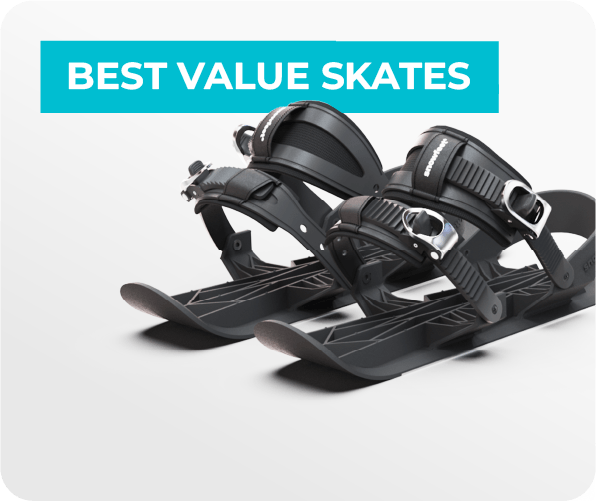
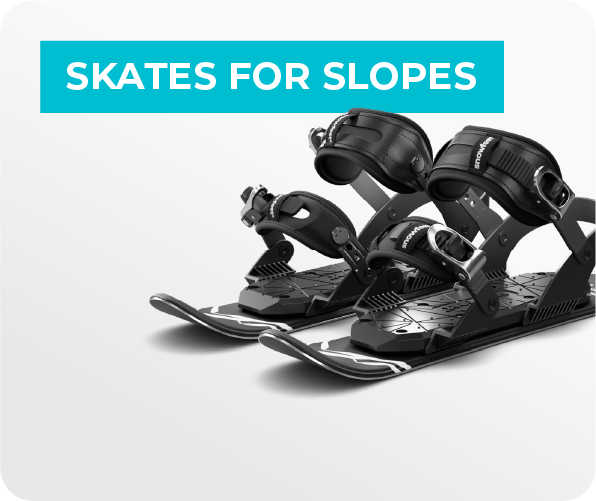
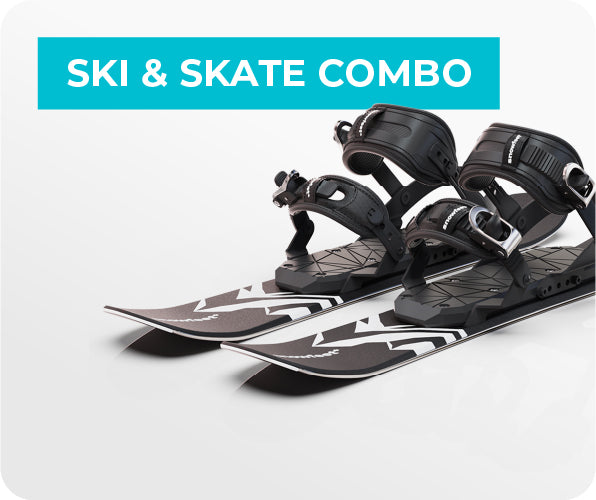
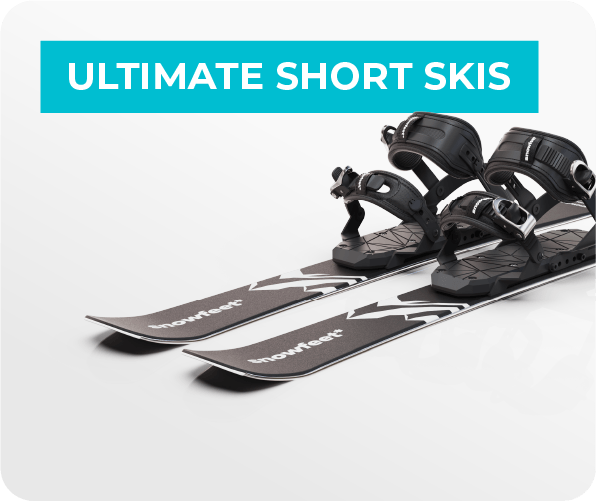
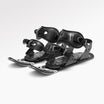
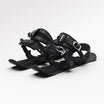
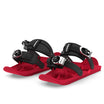
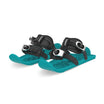
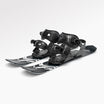
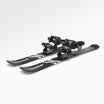
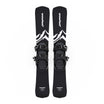
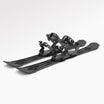
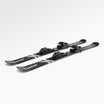
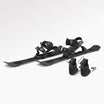
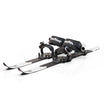
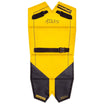
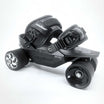
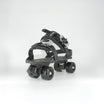
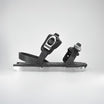
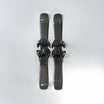
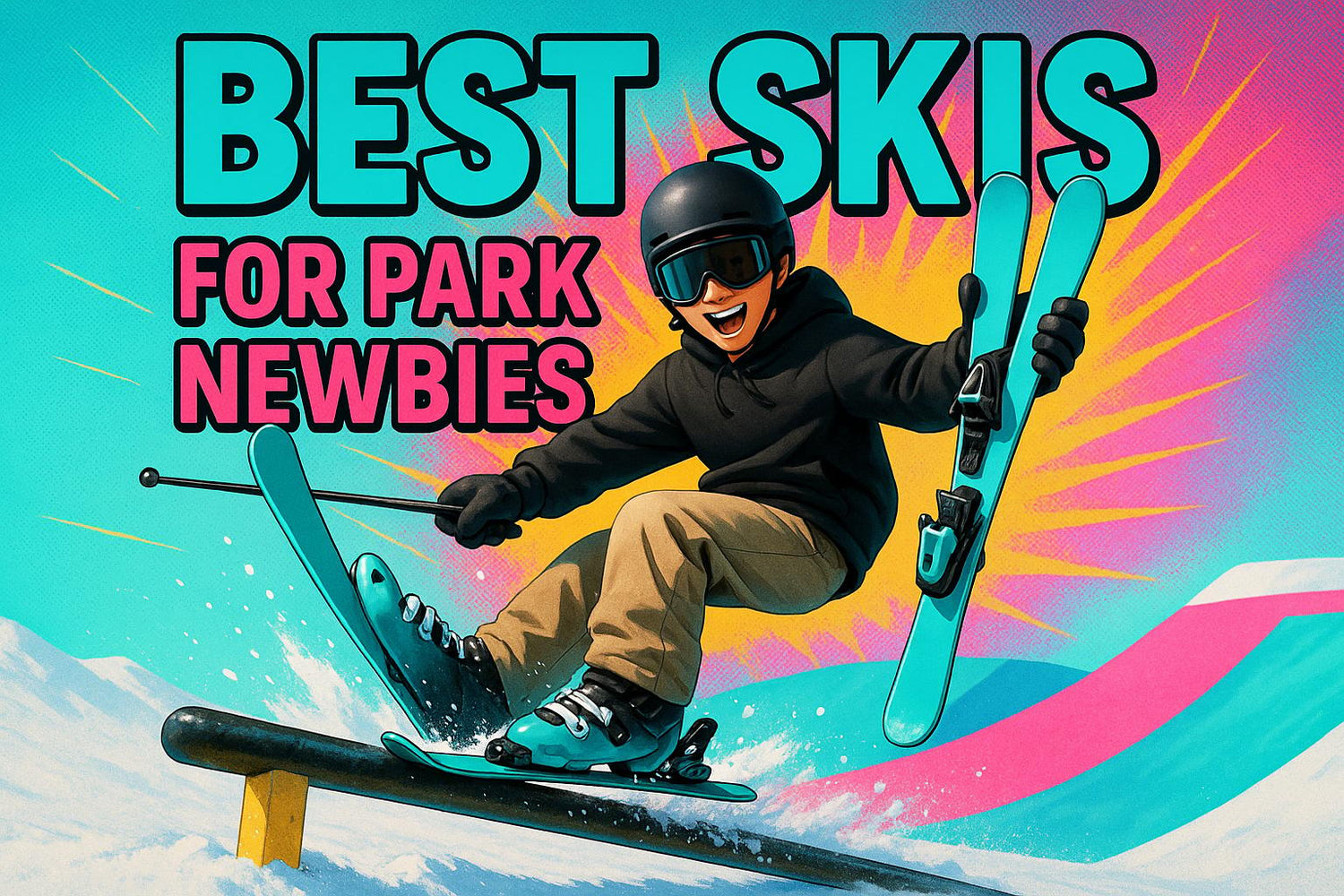
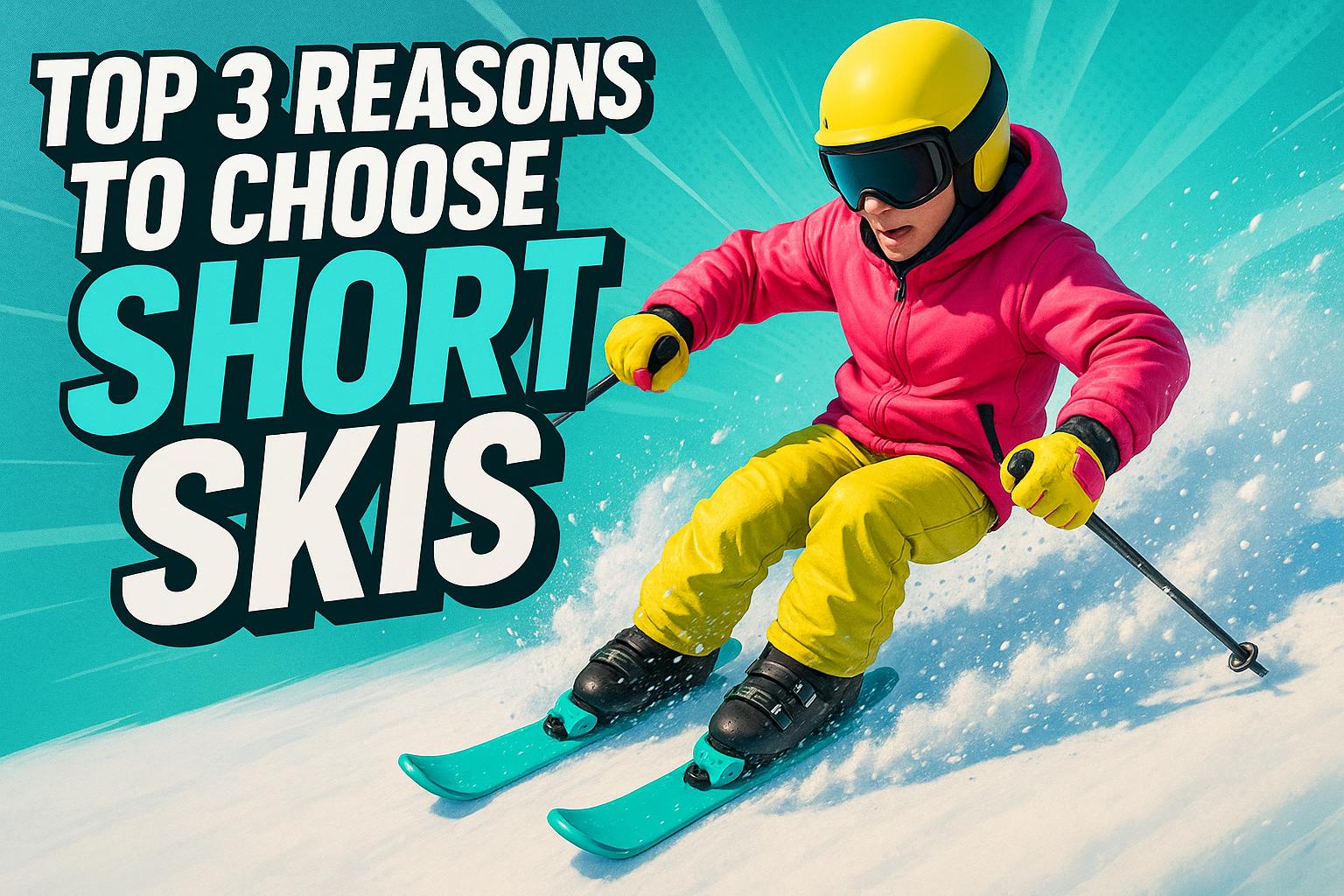
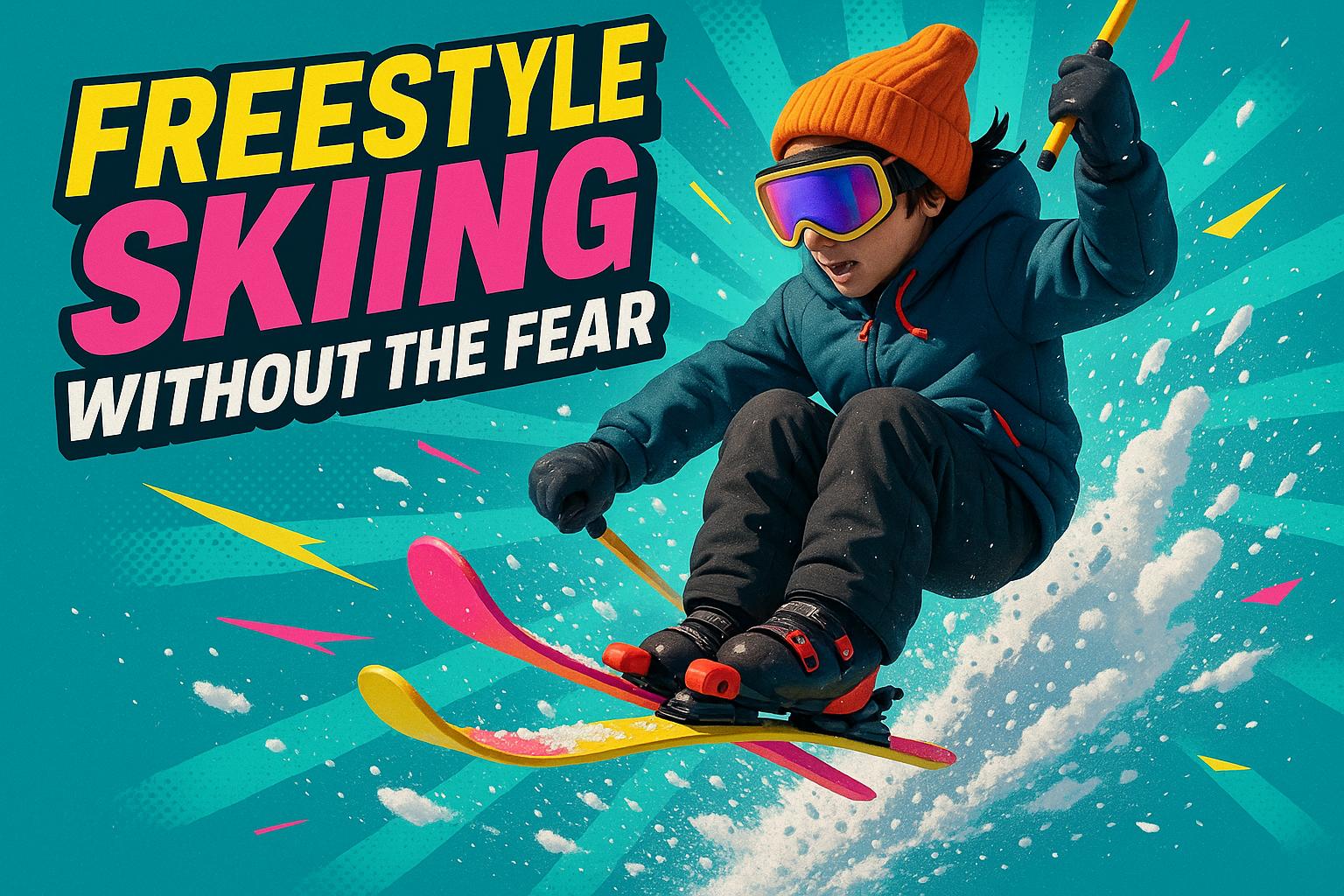
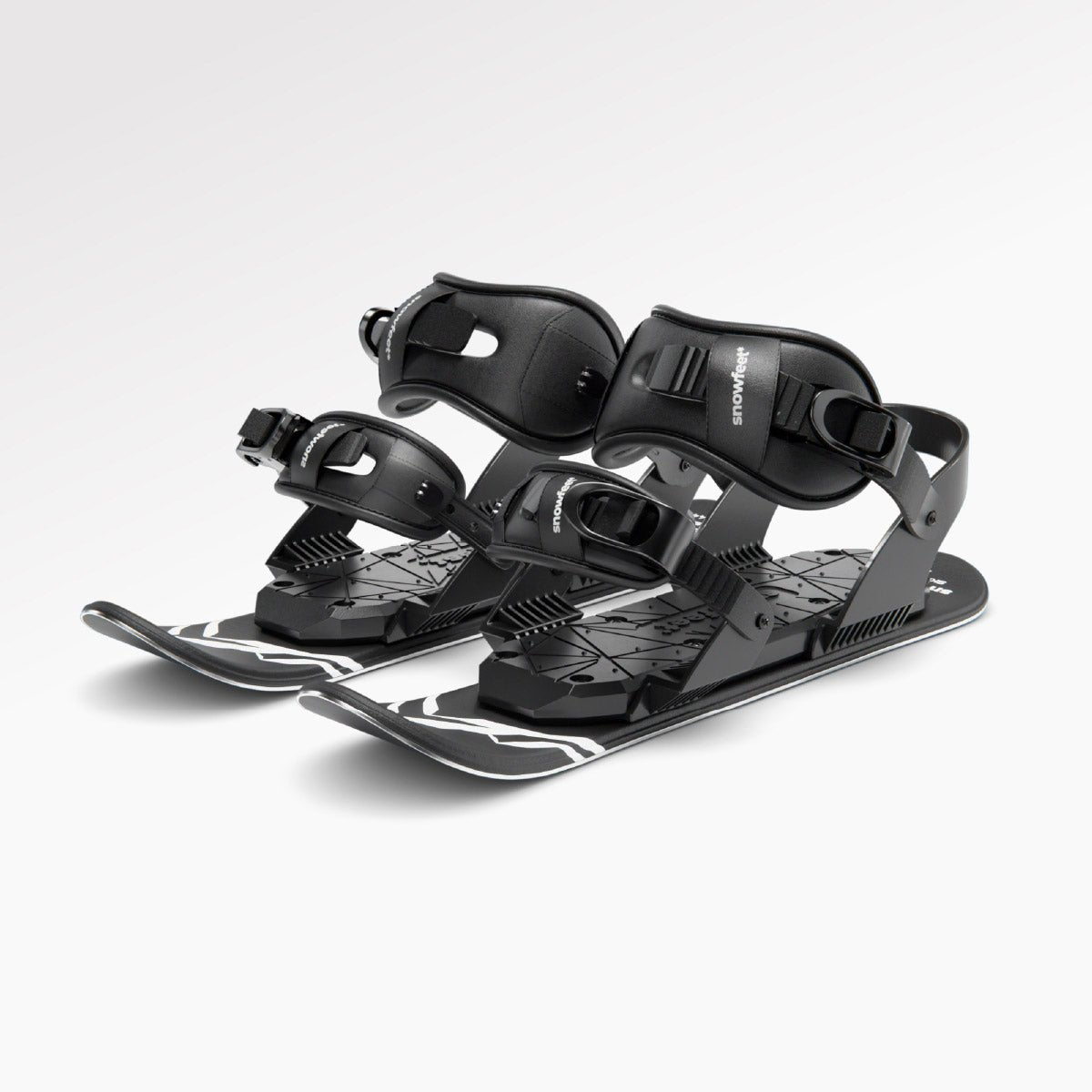
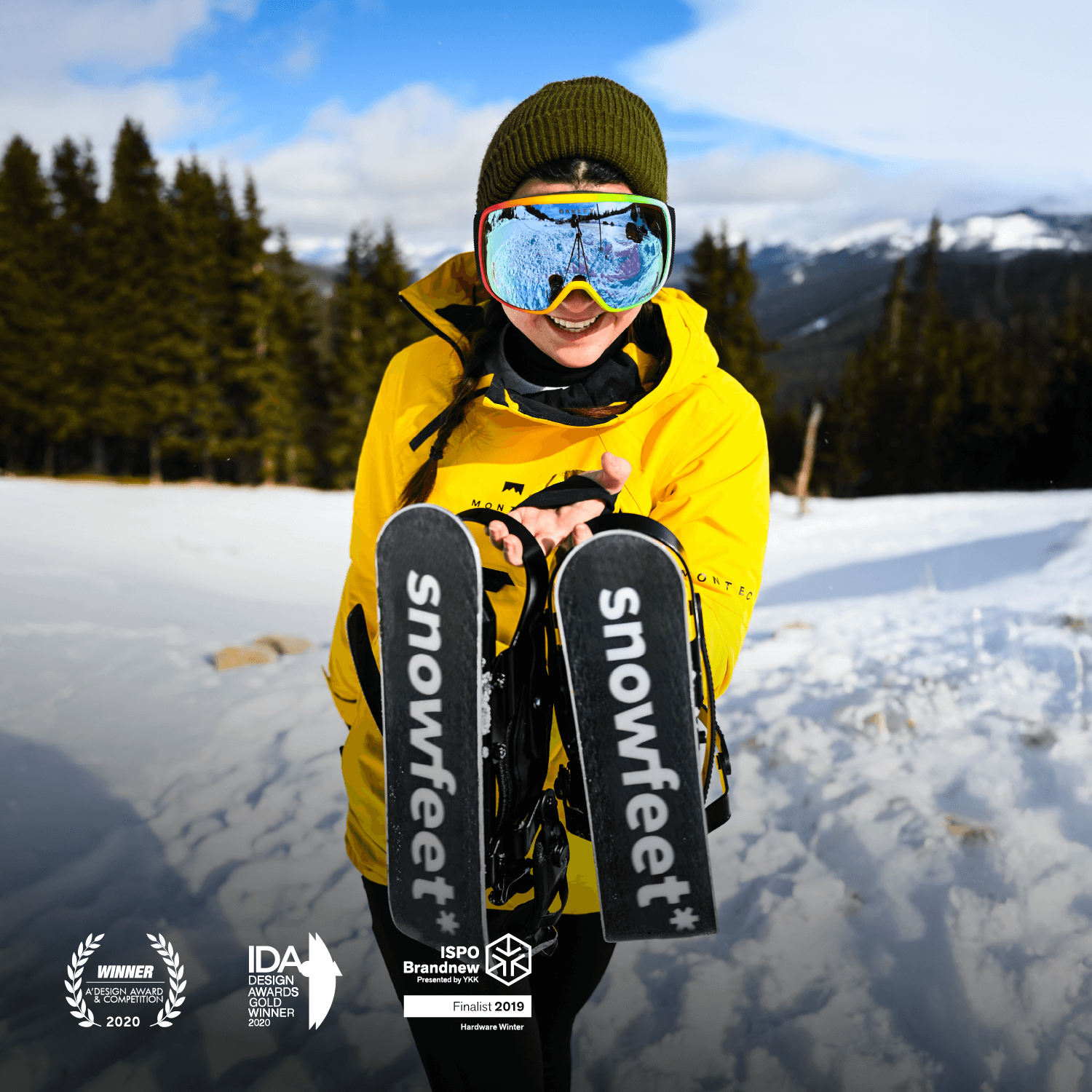
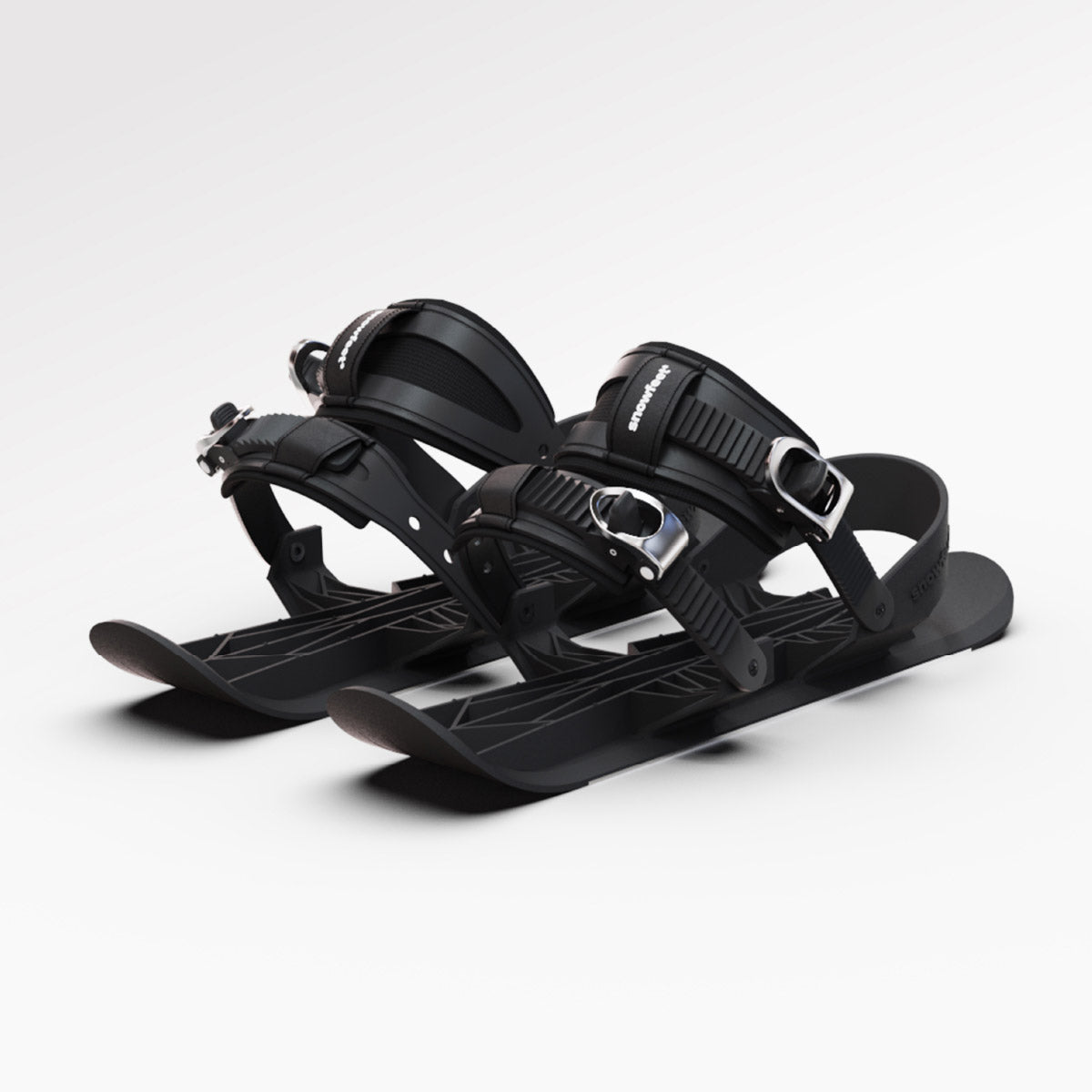
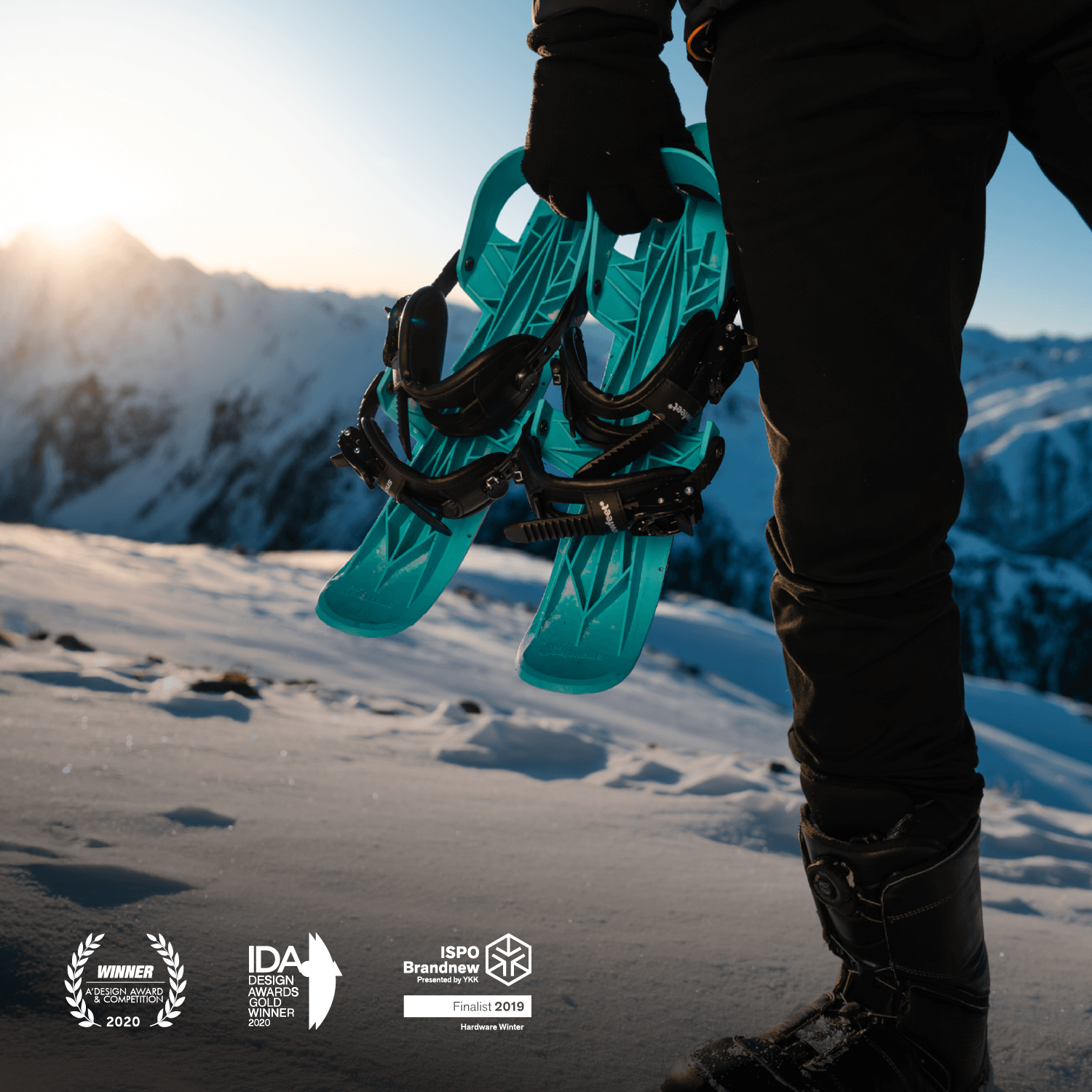
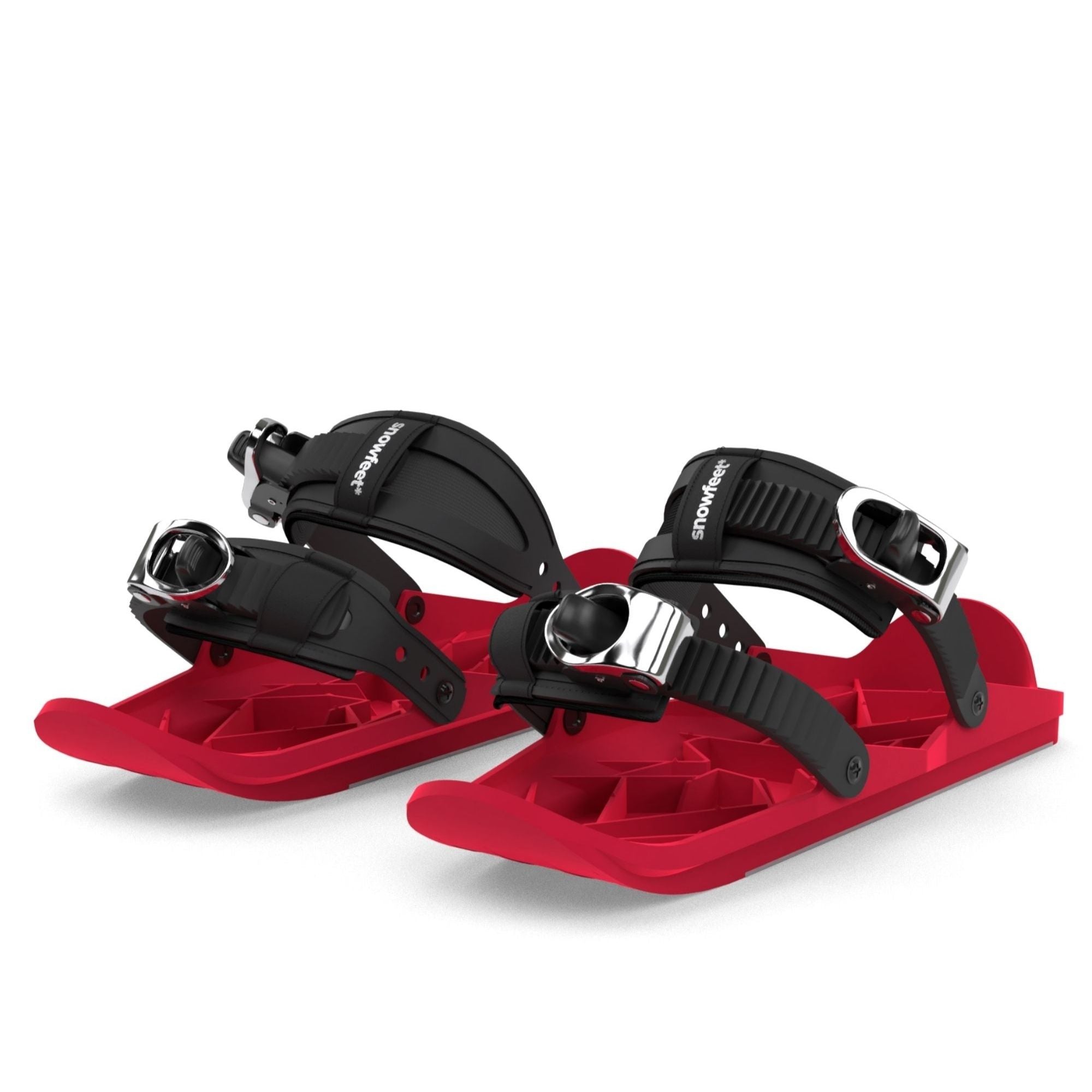
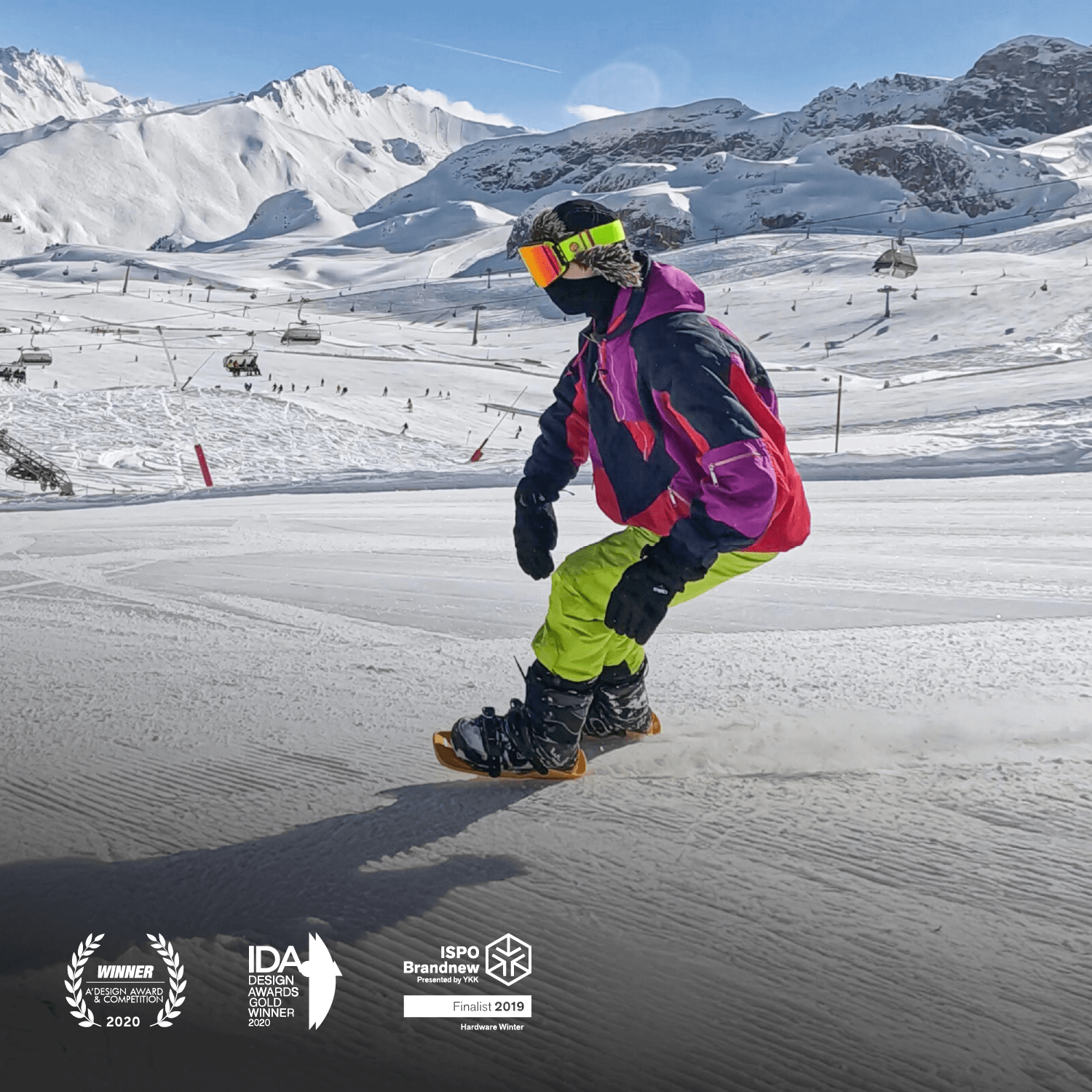
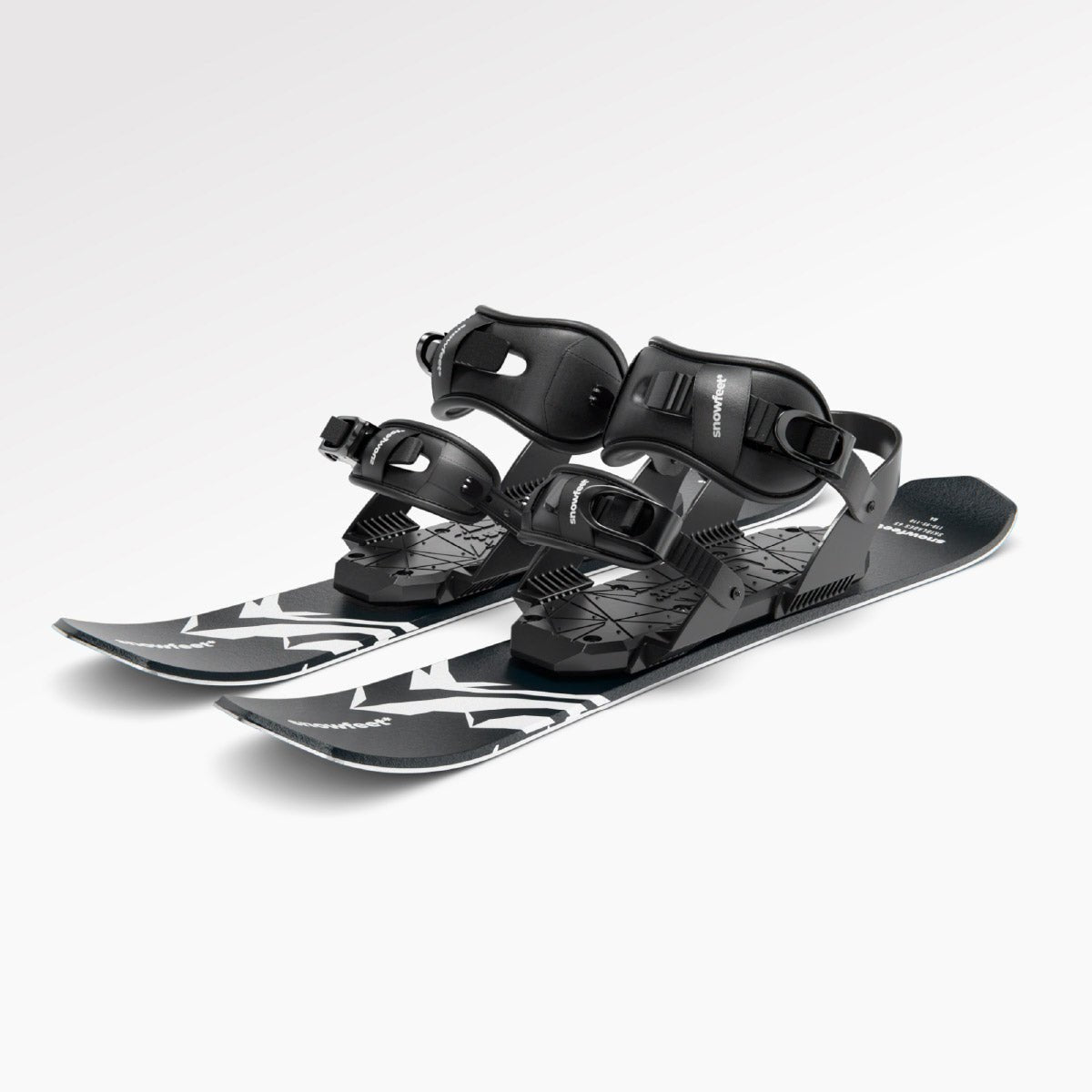
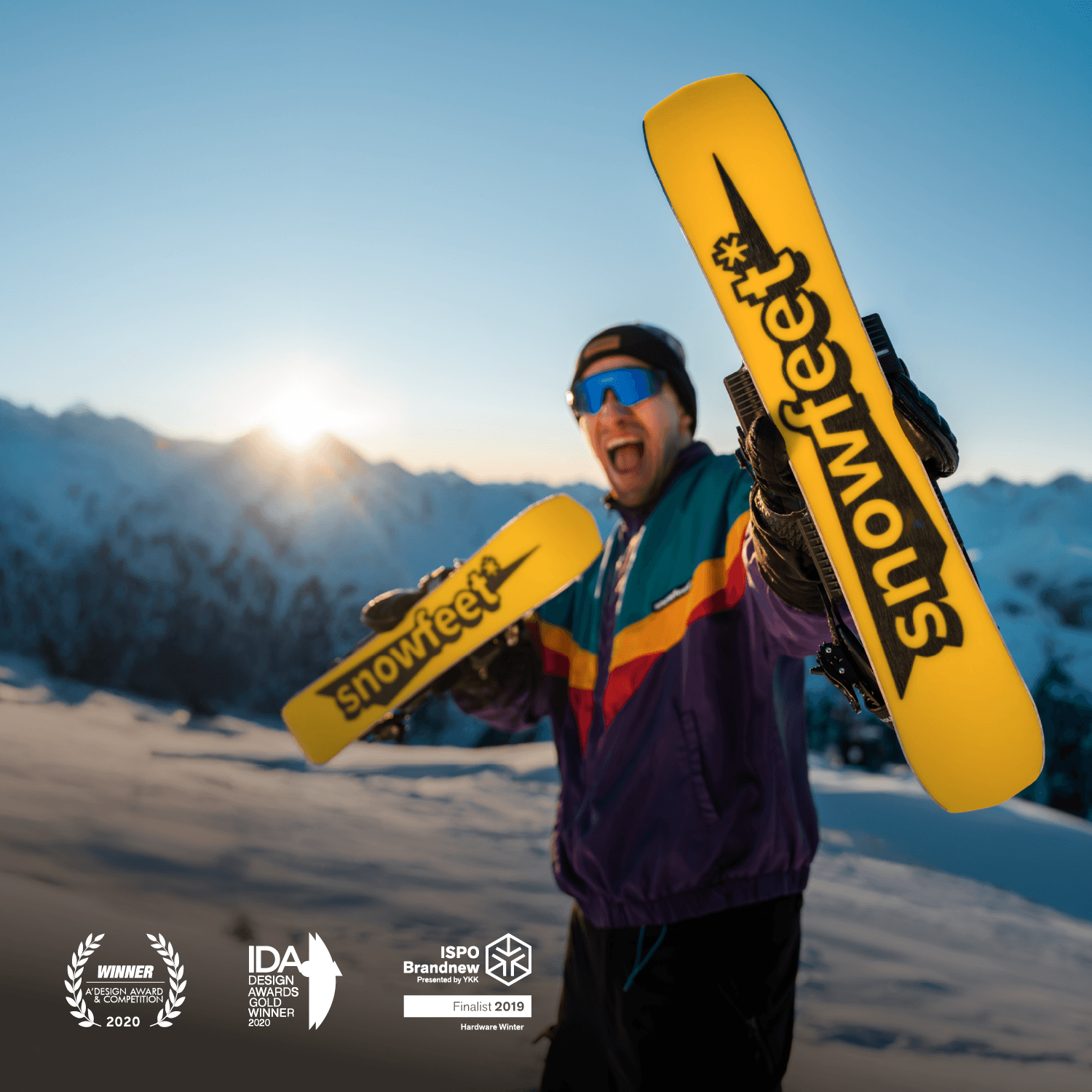
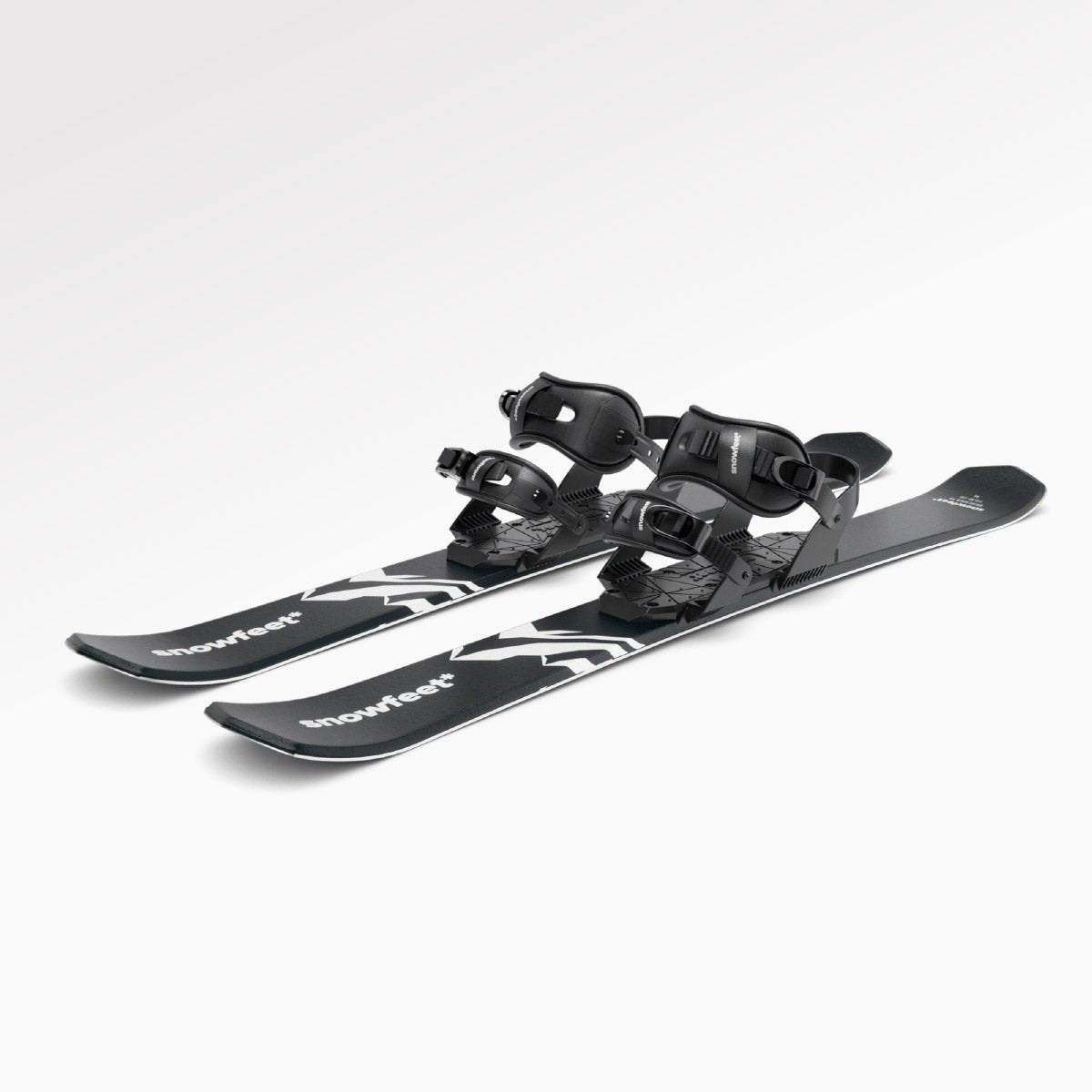
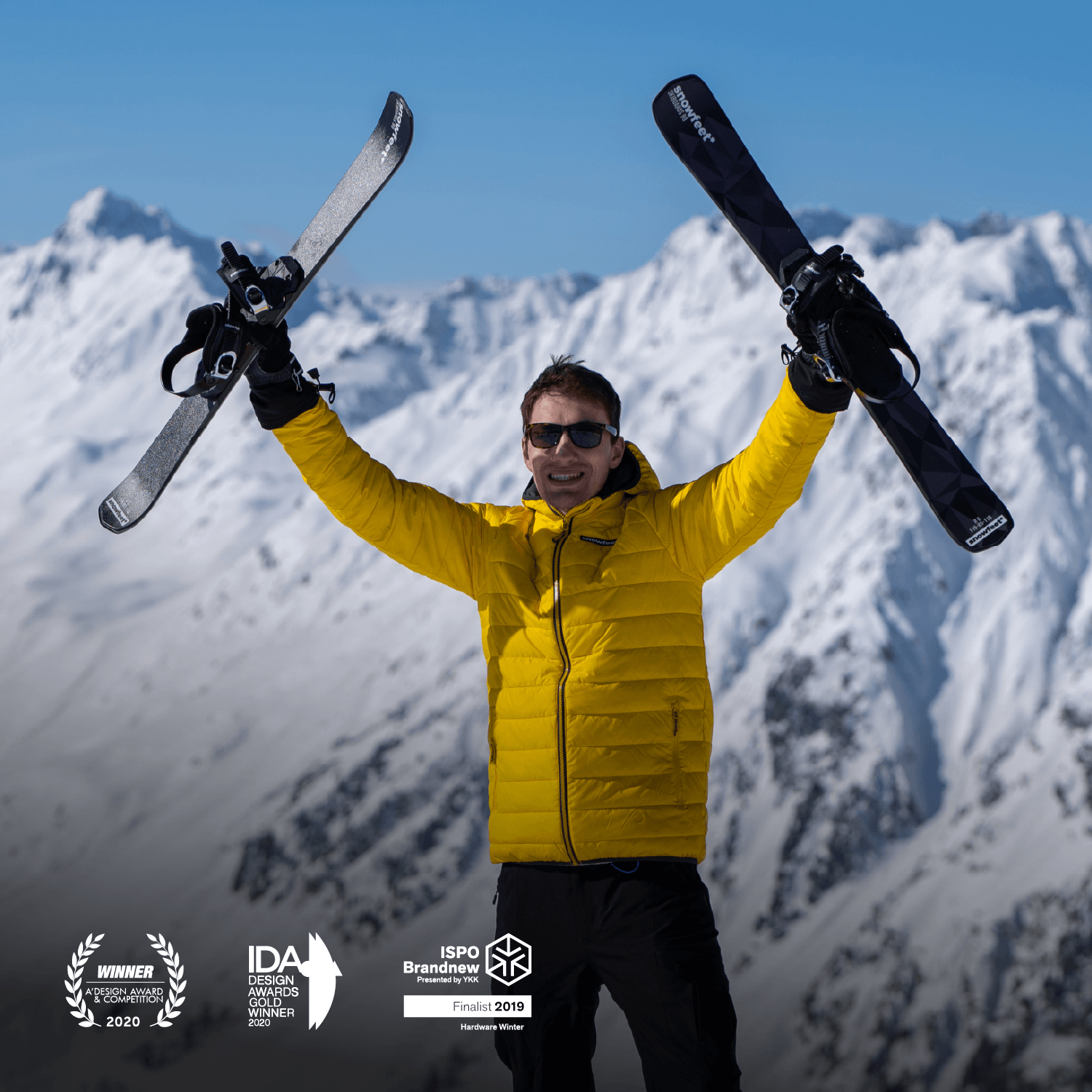
Leave a comment
This site is protected by hCaptcha and the hCaptcha Privacy Policy and Terms of Service apply.